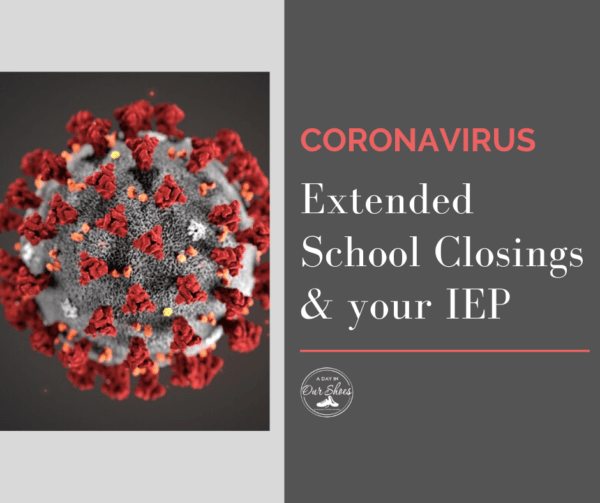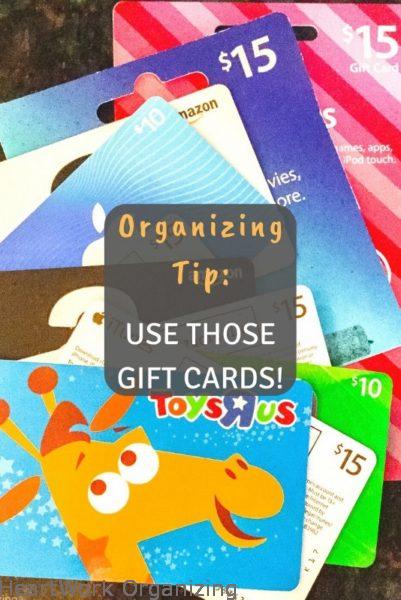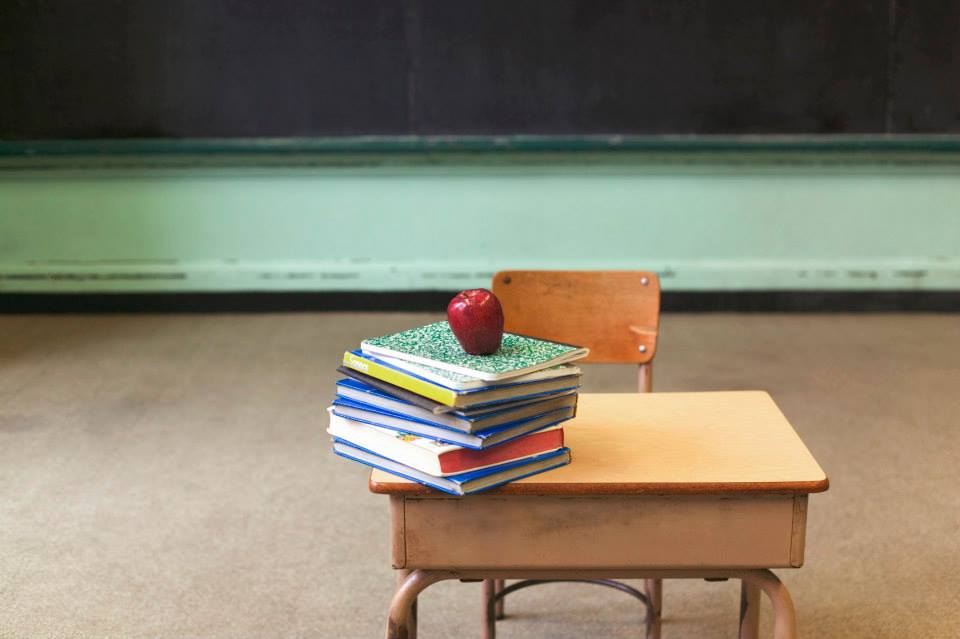Parents who have kids with special needs often find themselves on the short end of a well-meaning but tone-deaf conversation. MomSpeaker Lisa LIghtner usually knows what to say in the moment, but not always. Here, she recounts a recent experience that had her rethinking her "elevator pitch" about what her son — and others with disabilities — needs and wants from the wider world.
Recently, I went to an assistive technology expo hosted by my state's Department of Education. At lunch, I shuffled down to the local Chipotle, because it's something I don't have near me, and when I am near one my kids won't eat it, so I don't go. It was lunchtime and this is a busy "corporate" area, so there was quite a line.
I spent the first part of the line checking my phone, because it had been a whole eight minutes since I'd last checked it. And being in line eating by yourself, that's what you do. Then I decided to look up and make conversation with the guy in line behind me. We talked about traffic, what brought us to this particular Chipotle, and when I said "Well, I'm attending this expo, because I have a child with special needs," he quickly said, "Oh, I'm sorry."
I replied, Oh, don't be." And went on with my jabbering.
At that point I found myself interested in my phone again. Or the menu. I don't remember.
Here's the thing. I was caught off-guard. I have an elevator pitch for my kid. I have an elevator pitch for my career choices and the special needs world in general. Doesn't mean I always have a well-thought-out retort or phrase for what you say to me on the spot.
So I'm driving home . . . with all the "why didn't you say . . . ?" going through my mind. Had I been given more time and more cognitive horsepower, here is what I would have said.
First, please don't be sorry. As is the case with most kids with disabilities, there is nothing you or I could have done to cause nor prevented this. Random. Mutation. It happens. And the CDC tells us that it is happening more often. So I don't need you to be sorry, I need your assistance. We're in a battle where we are outnumbered and perceptions about us are wrong.
See, almost 20% of kids have a special need of some kind. 20%. Quite a bit, no? So what I need you to do is not feel sorry for me but to help with our place in society. Some feel we don't deserve an education. Some feel we don't deserve a job. I think otherwise . . . all we are asking for . . . is a chance. Will you please give us that chance? Lots of people think that people with disabilities have nothing to offer to society . . . that all they do is take and take and take. That is not the case, I can assure you. They give back more than tenfold what they take.
The next time you have a "quirky" job candidate in front of you who looks good on paper . . . but maybe his social skills are lacking, will you give him a chance? Will you give him a second interview and a third . . . and will you be brave enough to hire him and give him the chance? After all, we are protected under the law and accommodations can often be paid for through grants and programs. Will you grant those accommodations so that he can be successful?
All we want is the chance. We want the chance.
What I want to say to you — please take a minute to review studies of hiring people with disabilities. You will find people who have done great things, changed lives, changed communities. Do you want to just hire someone or make some real change? Hiring people with disabilities makes financial sense . . . and moral sense.
You told me where you worked. No doubt, a good solid, stable job. Decent pay, one you can live on. That's all we're asking. Shouldn't we be able to earn a sustainable wage, if given the chane? We're not asking for special treatment, just an equal chance.
You said that for your friend, "Yeah, it's real sad." Maybe your friend is just in the mourning stage. The grieving process takes time. It's not all sad. Without being too pious, I'd suffice it to say . . . my life is better than yours. More challenging? You bet. But I've felt lows I didn't even think I'd experience, and highs that I only wish I could duplicate. I wish all parents could feel the same. If they are sad now, I want you to tell them that it won't always be sad. They'll feel emotions they never even knew they had. Find strength they never dreamed they could muster. And sadness. Yes, they'll feel sadness. But the sunny days will outnumber the gray ones.
When we are sad, it's usually not because our kids tried something and couldn't achieve it. It's because someone didn't give us a chance to try. We don't cry because our kids can't read and write like other kids . . . we cry because they were rejected on the playground or dismissed by someone out in public. I can work around reading and writing. I can't force people to friend my child. We need more people to give us a chance.
Be there for them. They need you. They need another family that won't give them the side-eye when they go out in public. Someone who is on Team Them. Someone who has their back. Gives them a shoulder to cry on, a face to scream at when frustrated, someone to sit there silent with them when there is nothing to say. Be that for them. Don't be sad; be helpful.
What we need is for you, the next time that friend's Facebook post says "Please call your legislators about this . . . this affects my child." We need you to call. We're a minority in society and we need others pulling for us, too.
The next time you're on the job site and hear some say, "Dude that's retarded,' I want you to think of your friend's son and I want you to think of me. And then stand tall and say, "Not cool, find another word." Don't allow it. That's what I really want, not your pity.
All I ask is that you please, please, please, don't be sorry for us and don't be sad for us. Just understand our struggles. And help us fight for them. Disabilities is the last civil rights frontier to be fought, join us in the fight. Disability knows no social boundaries, no race boundaries, no economic boundaries . . . it affects everyone. And all our kids want is acceptance. Be accepting. Include us, don't just "tolerate" us. And inclusion means contribution. We can contribute, we will contribute, give us the chance.
Our time here on this Earth is finite. I am wistful that I missed out on 20 seconds with you. Twenty seconds that could have perhaps changed your outlook on kids with disabilities being sad and sorry. Lessone learned for me. I'll bring my A-game next time.
Had I thought it through, I would have asked you for a chance, not your pity.
 Lisa Lightner is a Chester County, PA mom of two. This post was adapted from the blog A Day in Our Shoes, which she co-authors. It provides support, resources and advocacy services for parents of children with special needs.
Lisa Lightner is a Chester County, PA mom of two. This post was adapted from the blog A Day in Our Shoes, which she co-authors. It provides support, resources and advocacy services for parents of children with special needs.






